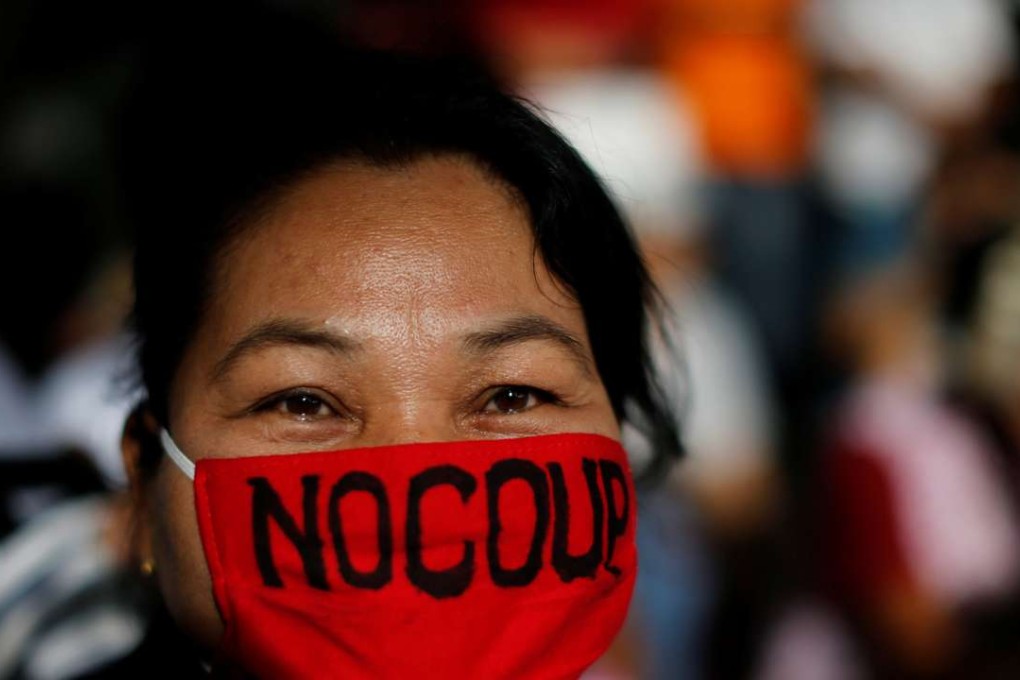Two years after coup, democracy in Thailand still not within reach
Unhappiness with the coup-makers has mounted across the deep political divide

After two years of living under military rule, many Thais are resigned for more of the same in the foreseeable future despite the junta’s promise to hold a general election next year, a prospect thrown into doubt by serious disagreements over a draft charter to be put to a national referendum in August.
On May 22, 2014, then army chief General Prayuth Chan-o-cha, currently Thailand’s prime minister, toppled the democratically elected government in a bloodless coup, saying it was necessary to put a lid on escalating political turmoil before it boiled over.
Under his leadership, the junta, calling itself the National Council for Peace and Order, pledged to bring back democracy in three phases: national reconciliation, comprehensive reforms and reinvigoration of democratic institutions.
In pursuing that roadmap, Prayuth, his Cabinet and the military have undoubtedly made significant progress in maintaining peace and order in the country over the past two years.
